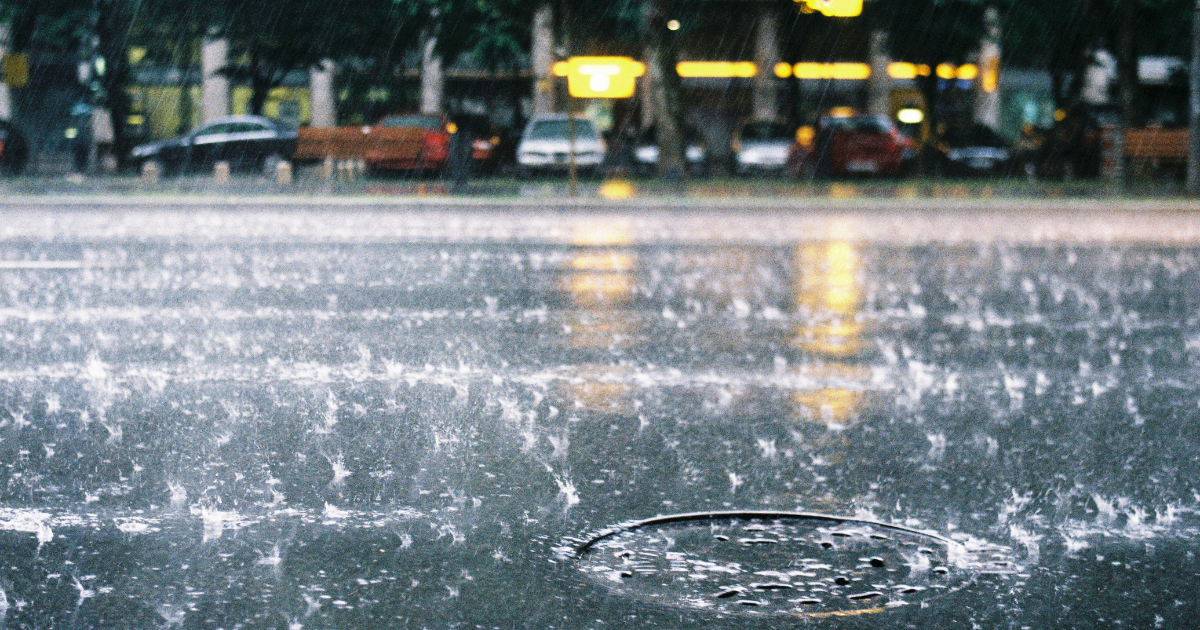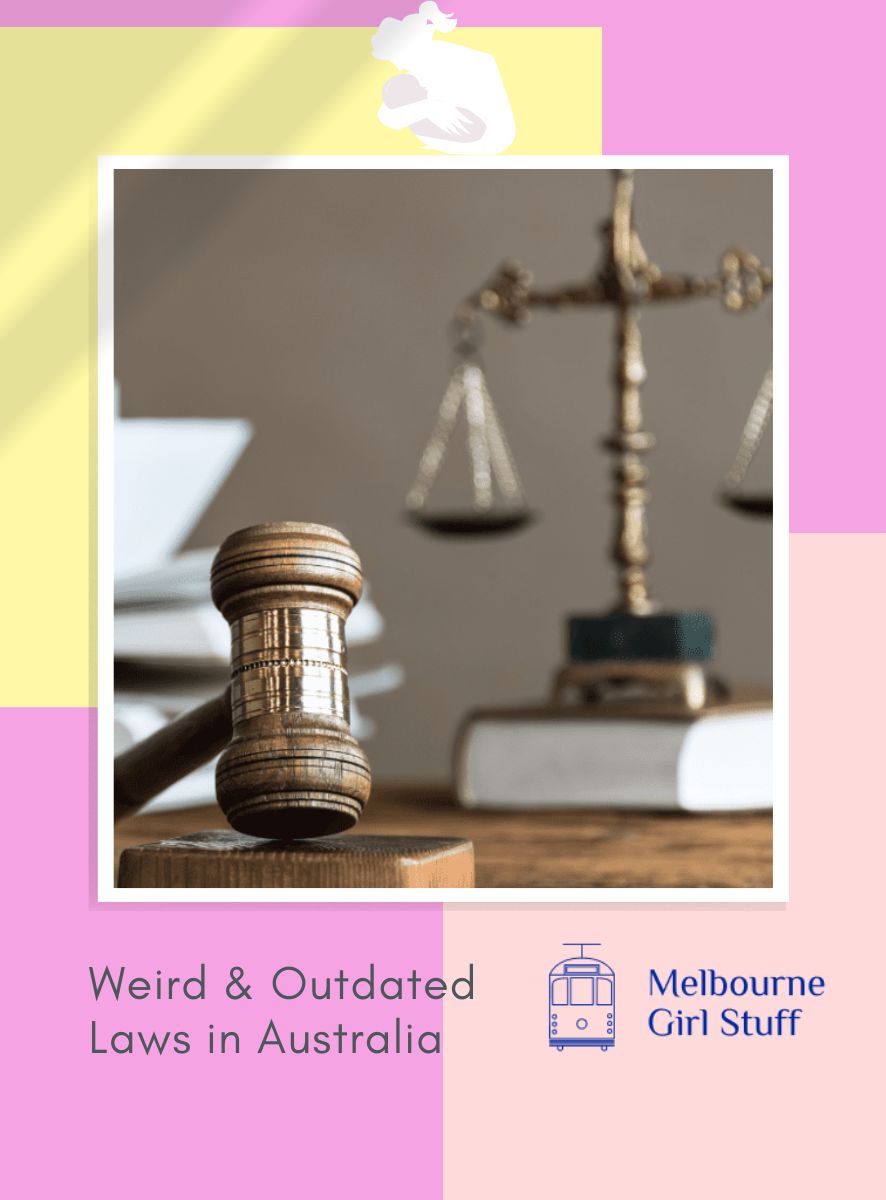Over recent years strange and out-dated laws in various countries have become its own genre of online articles. There’s some reason behind that, it’s just fun. Generally speaking unless you’ve undergone a Juris Doctor Program or similar course, your interactions with the law are boring paperwork or hyper serious court cases, finding the oddities in law can bring some humour to an otherwise quite dry topic, and it makes for great trivia.
Hot Potato, Hot Potato

Did you know that, in Western Australia, there is a Marketing of Potatoes Act 1946 that gives control of the potato farming and sale industry to the Potato Corporation, often referred to in the Act as simply “the Corporation”?
This act specifically Section 22 is responsible for the infamous 50 kg potato law. Any person found in possession of more than 50kg of potatoes without being an authorised agent of the potato corporation has committed an offence and can be fined. In fact, the actual weight of the potatoes is a little less specific than that as the law also states that you can be found guilty simply if it “was estimated by an inspector in a manner which the Court deems reasonable to exceed 50 kg in weight” meaning simply keeping it to 49kg might not be enough to save you.
But the law has been repealed recently. In 2016, the industry was widely deregulated to various effects but one of the things that was changed was finally getting rid of the restrictive laws surrounding the amount of potatoes you can carry.
It’s Raining It’s Pouring

Can’t decide what to do on the weekend? Watch a movie? Go to the shops? How about making some rain clouds? Well, if you’re in Victoria, I’m afraid you’re out of luck thanks to the Rain-Making Control Act of 1967.
That’s right, there’s an entire act dedicated to the law surrounding who can artificially create clouds and rain and when they’re allowed to do it. Not only that but it has been updated multiple times over the years since it was signed in 1967, with updates ranging from 1987 to the latest in 2013.
That 2013 change was a simple switch in language presumably for clarity, switching “forwarded to Minister” to “forwarded to the Minister”, but it does mean that the act has been read and revised by our parliamentary members incredibly recently.
There is hope if you’re a cloud-making aspirant, the current act defines rain-making activity as “the seeding or nucleating of clouds by artificial means from a manned aircraft.” so perhaps automated systems could be seen as a loophole though you probably shouldn’t take that as legal advice.
As amusing as it is, it does make sense to regulate these activities. Farming operations could no doubt use this sort of technology to improve crop yield but ecological systems can be fragile and could have effects kilometres away from where the effect was intended. The act isn’t a complete ban either, certain Ministers hold powers to authorise artificial cloud creation if it’s being done for the betterment of the state.
Let’s Go Fly A Kite

The Summary Offences Act 1966 is an incredibly diverse set of laws that is still in effect today, with its latest addendum coming in 2018 with the Oaths and Affirmations Act 2018. Over the years, there have been 114 amendments to the document, the first of which was only a year after the act itself in 1967.
Because of its sheer variety, there are a number of odd laws in the Summary Offences Act, including an offence relating to kite flying activity. Within the “Good Order” section are a number of acts that amount to not respecting public spaces, such as not making awnings high enough on sidewalks for most people to easily be able to walk under comfortably and not using public spaces to display your car (or, funnily enough, horse) for sale.
One such offence means you are not allowed to “fly a kite” or “play a game at the annoyance of any persons” which might mean you need to take grumpy neighbours a little more seriously than you might believe. In fact, the fine you could face could be as much as $826.10.
The same act also mentions that you can’t “drive a dog or goat harnessed or attached to a vehicle in or through a public place” under Section 8 ‘Offences relating to horse-drawn vehicles, public vehicles, animals etc.’
What is interesting is that the law specifies that within the document the term cattle includes goats, but also covers other farm animals like cows, rams, and pigs. This suggests it was an active decision to ban this activity for goats but not any of the other cattle animals, which is great news for those who were more interested in the potential of sheep-pulled carts.
But the Act doesn’t just cover miscellaneous minor laws. Division 1B Section 6A deals with rights to public protest specifically getting permits to protest publicly, it disallows local councils to create permits for such events without first consulting with the Police. This means that laws surrounding arguably one of our most important rights under democracy are being placed directly next to misdemeanour offences about goats which just seems weird though it may be because of the constant amending of the document.
Justice is Blind
Finding out about old and unusual laws can be fun, it can remind us of how weird life really can be, but it can also be a peek into the flaws in our legal system. We can’t all constantly be reading every law that gets created let alone go back and read through all of the pre-existing laws. The insurmountability of the task is why we have legal professionals who make it their job to parse all of the legalese for the rest of us who cannot.
But looking into where the law has oddities reminds us that the law is not infallible because ultimately it is made by people who are just as flawed as anyone else. That awareness allows us to question those in power as we use our rights as citizens to make sure that the laws we live under are laws we believe in.
This article was written in June of 2023
Chris Pritchard is an Australian freelance writer with an emphasis on politics and video game analysis with a background in both design and fashion.

